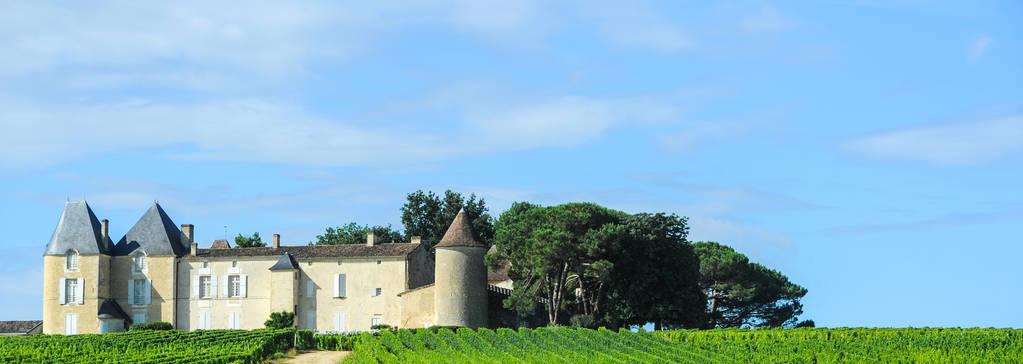Marselan, Chinese alias Marselan, is a new hybrid bred in 1961 by the French National Agricultural Institute, whose parents are Cabernet Sauvignon and Grenache. In 1990, the variety became the legal variety for the brewing of regional Vins de Pays (VDP).

Marselan, with its small grain, is a grape variety specially cultivated for the Languedoc region of France. The languedoc has a dry and hot summer climate, and the winter is warm and humid, which is very suitable for the growth of this variety. This climate is effective against fungal diseases and is less prone to stopping growth after flowering. Wines made from this variety usually have deep colors and rich flavors.
Marselan grapes
Marselan was introduced to China in 2001. The Sino-French estate, which was just built in 2001, directly introduced 16 varieties of grafted seedlings to France, including Marselan (Marselan C980 strain), with a planting area of 3 hectares, second only to Cabernet Sauvignon and Chardonnay. Marselan excelled in Sino-French estates and is now a featured and signature variety. At present, Ningxia Helan Mountain, Hebei Huailai, Beijing Yanqing, Shandong Penglai, Xinjiang Heshuo, Gansu Tianshui and other places have been introduced, the cultivation performance in various places needs to be further observed.
Silver Ticket Winery Marselan
Marselan's spikes are larger conical, slightly looser, smaller and have a low juice yield. According to the records of China and France, under the premise of reasonable control of yield (control of 500 kg /mu), Marselan can achieve a good degree of maturity. The sugar content can reach 23 to 24 degrees celsius at harvesting, and the acidity is about 0.5% to 0.7%.
Marselan grapes were first used for winemaking in 2002 and are of high wine quality. People evaluate it as: the wine is dark in color, fruity, with mint, lychee, green pepper aromas, light body, delicate tannins, soft taste.
Marselan wines were introduced late. At present, there are only a few wineries in France in the southern Languedoc appellation that produce Marcelland wines. In China, each production area has its own cultivation, the relevant evaluation records are: purple-black, medium body, lychee and raspberry aromas, faintly dark chocolate and Chinese medicine, soft entrance, good balance, through the aroma is pleasant, medium aftertaste. I believe that with the increase of tree age, the aroma and taste will continue to change, which is very exciting.